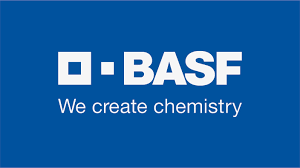Indian start ups and unicorns should become global giants: PM Modi
The launch of startup India seed fund intend to provide opportunities for new start-ups to flourish in the country
Prime Minister Narendra Modi has recently announced the launch of a Rs 1,000 crore startup India seed fund intending to provide opportunities for new start-ups to flourish in the country.
Addressing the second day of Prarambh: Start-up India International Summit on Saturday, PM Modi said, “We are launching a Rs 1,000 crore start-up India Seed Fund to help new start-ups grow in the country.”
“We are trying to create a start-up system which is based on the mantra ’of the youth, by the youth, for the youth,” he added.
Under the Start-up India program, PM Modi said that the youth of the country has built a strong foundation in creating ideas and starting their business for the last five years. “We should aim that our start-ups and unicorns excel as global giants and lead in futuristic technology,” he said.
“More than 41,000 start-ups including nearly 5,700 start-ups in the IT sector, 3,600 in the health sector, and 1,700 start-ups in agriculture are engaged in work,” Modi noted.
Further, he said the start-up ecosystem has also given a chance to the economically unstable youth to showcase their talents and earn.
The Prime Minister also noted that the start-ups are spread across the country and have a presence even in Tier 2 states of the country.
Prarambh: Start-up India International Summit marks the fifth anniversary of the Start-up India initiative launched by PM Modi on January 16, 2016. The Summit is built on the foundation set through the 19-point action plan of the Start-up India initiative in 2016.
The launch of startup India seed fund














